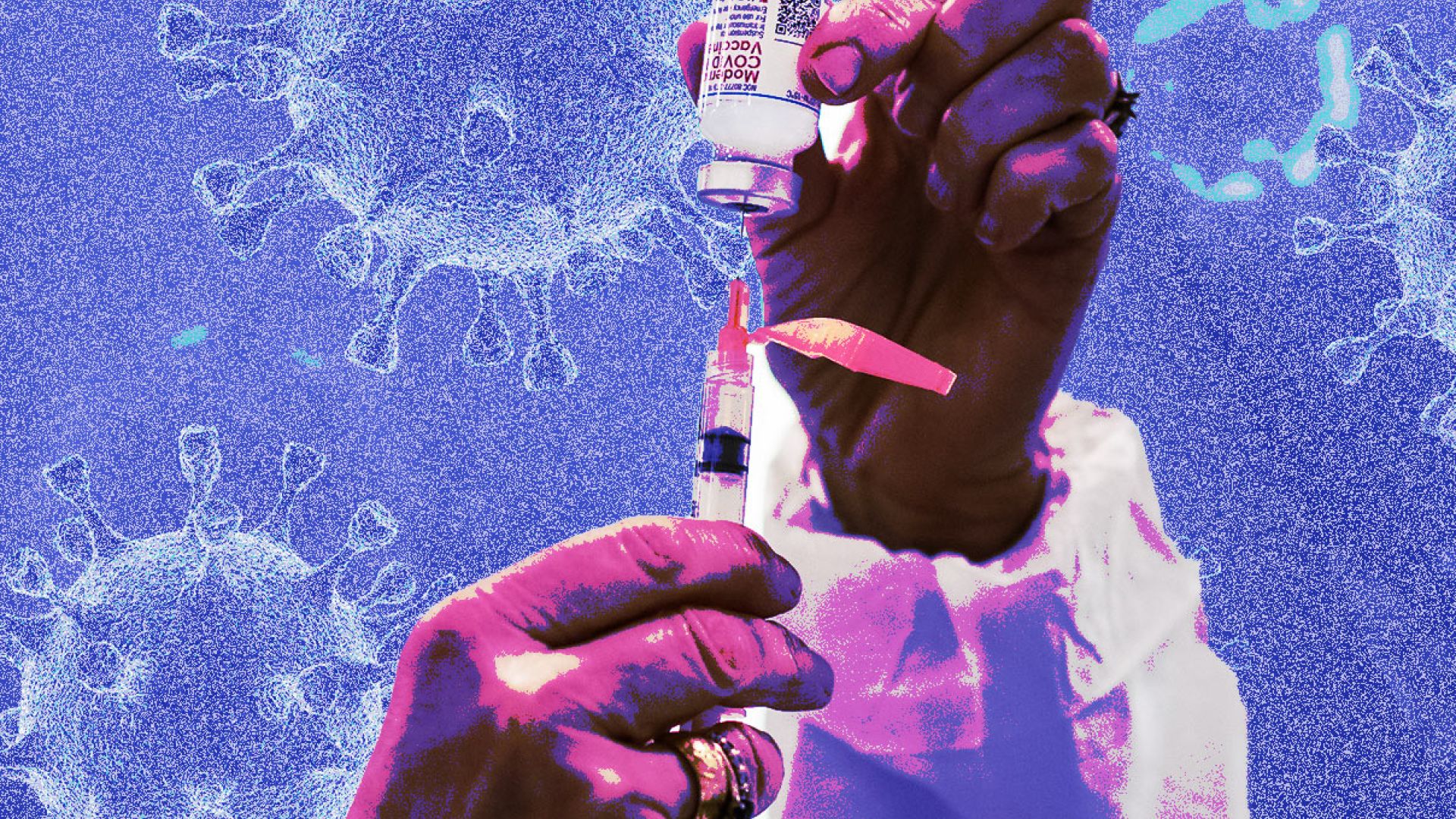Controversy in the US over mRNA vaccine use

The safety of mRNA vaccines created for protection against Covid-19 remains controversial. The accuracy and extent of testing has been questioned by many, including government officials and industry employees. Currently, some of these vaccines are approved in the US only under ‘Emergency Use Authorisation, but as of April 18, “the monovalent Moderna and Pfizer-BioNTech Covid-19 vaccines are no longer even authorised for use in the US.” Now, the controversy has extended to using mRNA vaccines in pigs, cows and other livestock. For example, the Texas Agriculture Commissioner recently stated that “since news of the development of mRNA vaccines and mRNA-related treatments for livestock came to our attention, we have been working towards developing a fact- and science-based assessment of the risks.”
A company called Good Ranchers that sources all its meat from US independent farms and also strongly supports more accurate meat product labelling, states that “recently, some states have worked to make the mRNA vaccines mandatory. We have never and will never source meat from any farm that uses mRNA vaccines in their animals.” Years ago, Bayer joined with Germany-based BioNTech to develop mRNA vaccines for animals. Harrisvaccines created a swine mRNA vaccine platform called Sequivity in 2015. Merck Animal Health purchased it around that time. The company describes the platform as able to “create custom [veterinary] prescription products” such as vaccines against PCV2, PCV3, and PED. It also “allows for the creation of multivalent formulations by blending RNA particles to target multiple swine pathogens in one shot.” The US government granted a conditional licence for the Sequivity “PED Vaccine, RNA Caution” product sometime before 2015. Efficacy and potency test studies were in progress then. Dr Robert Malone, the originator of mRNA technology and very much against its use in vaccines, recently stated that Sequivity, which he calls a ‘pseudo mRNA’ vaccine, “has been approved for swine by the US Department of Agriculture, is on the market now and there is no special labelling for the meat.” However, in a recent podcast, molecular biologist Dr Kevin Folta of the University of Florida’s department of horticulture describes the controversy of using mRNA vaccines in livestock as “manufactured.”
One of his guests, Dr Alison Van Eenennaam of the University of California-Davis, noted that mRNA breaks down quickly and would not survive the digestive process. However, scientists in China concluded in a 2022 study “that bovine milk-derived exosome-based-mRNA vaccine could serve as a new strategy for preventing SARS-CoV-2 infection. Meanwhile, it can also work as a new oral delivery system for mRNA.” For his part, Dr Malone recently stated that the mRNA in vaccines “has not been tested and it is not ‘normal’ mRNA like what is found in the body … ‘Pseudo’ uridine has been substituted for uridine in the mRNA. We ingest mRNA and DNA daily in our food. Our stomachs break it down. But this is not normal mRNA. So, who knows?” He also questioned the safety of other vaccine components such as lipid nano particles. “Will there be trace amounts in the meat? Will heat break it down? How much heat? Are there other chemical components in the products? We just do not know. If [testing] has been done, show me the data.”